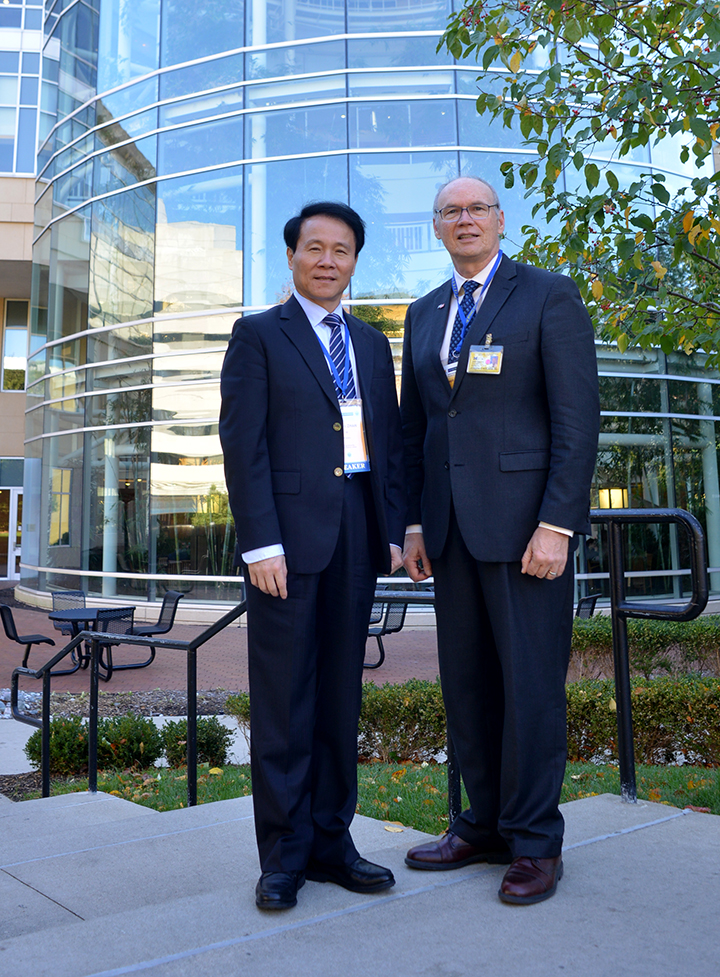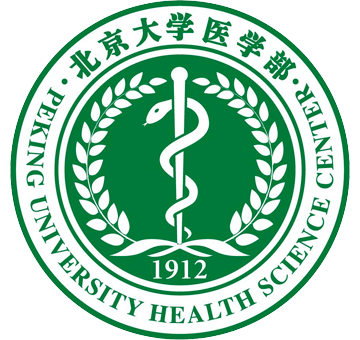Publication documents decade of JI success
Ten years since its launch, the Joint Institute’s success and history is detailed in a new academic paper. Published in FASEB BioAdvances and authored by JI Co-Directors Joseph Kolars and Qimin Zhan, the paper highlights the collaborative spirit and structures that account for the partnership’s long-lasting success.
“Critical determinants of success include having co‐ownership at all levels with co‐investment of resources that remain in the respective countries but are mutually determined,” Zhan and Kolars write. “It is essential to have a commitment to building trust, working out differences, and ensuring transparency, and a willingness to see good intentions on both sides.”
Differences can arise across a number of areas. At the individual level, mismatched communication styles (i.e., email versus phone calls), authorship determination and more require transparent expectation setting and frank discussions to work through challenges.
At the institutional level, co-chaired governance structures oversee data and specimen collection, storage and sharing; Institutional Review Board and patient privacy processes; and funding award decisions. The unique bilateral structures ensure an equal partnership.
“The need to define a communication plan upfront with a process for resolving difficulties that will arise cannot be over emphasized,” the authors note. “This is in contrast to approaches that attempt to establish processes when a problem has arisen that is already altering the spirit of the relationships.”
To date, the JI has funded 59 joint research projects, resulting in 90-plus publications as well as more than 27 million in extramural funds secured in the US and China based on research initially launched under the collaboration.
Moving into the next phase of the collaboration, JI leaders have determined to emphasize research with multi-disciplinary themes (e.g., precision health and cancer), and encourage private-public partnerships with industry.
“There is a popular Chinese saying ‘十年磨一剑’ which means ‘It takes ten years to forge a fine sword.’ Over the past decade, the JI’s collaboration platform has been well established,” Kolars and Zhan write. “The ultimate test of this model will be the ability to generate new knowledge that will contribute to the health of populations in both countries.”



